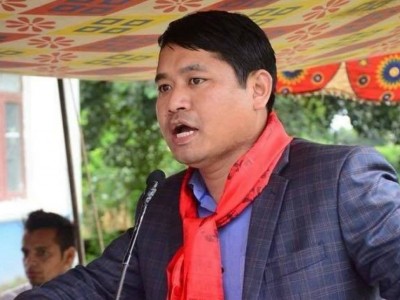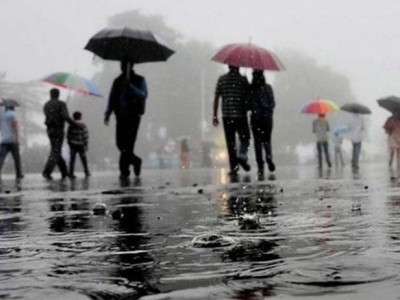
Nepal was already suffering from a chronic unemployment problem while the internal armed conflict began in 1995. The government had to spend huge amounts on maintaining the law and order and lacked funds to make productive investment and create employment opportunities for the increasing economically active population in the country. There was no option but to send the unemployed youths abroad for seeking job opportunities.
The then government led by Late Girija Prasad Koirala started sending them to Malaysia and the Gulf countries through a formal channel for availing the employment opportunities since 1995. At present, the number of Nepali migrant workers in these countries is over 3.5 million. Their remittance is over 700 billion per annum. It is the most important source of foreign exchange reserves and the second most important source of the gross national income contributing over 30 percent ( i.e, after agriculture ). However, it is likely to come down by 20 percent owing to COVID 19 and the global economic slowdown. So far as their contribution to the development of host countries is concerned, it can never be overemphasized.
Needless to say, most of the Nepalese migrant workers are unskilled and semi-skilled. They are obviously low- paid laborers. They are often accommodated in crowded dormitory-style labor camps and made to share communal bathrooms and kitchens. They are most exposed to risk due to the pandemic coronavirus.
It is almost impossible for them to maintain the social distancing measures in the prevailing working and living conditions. The government of host countries should take care of them properly. Those workers who have either lost their jobs and income due to the business closures or have finished their contracts find themselves stranded in the host countries.
Their employer institutions are forcing them to return home soon while their home country’s government is not prepared to receive and quarantine them. Undocumented workers’ condition is even more vulnerable.
They are without jobs and earnings due to the global economic slowdown. They find it extremely difficult to maintain their livelihoods. They have no access to medical treatment. The governments of the host countries are forcing their home country’s government to take them back home. But, it is not prepared to receive and quarantine them as well. The stranded workers’ rights to food, shelter, medical treatment and return home must be fulfilled. The host countries’ governments should fulfill their basic rights to food, shelter, and medical treatment until they return home. Their home county’s government should fulfill their rights to return home without any further delay.
If their host and home countries’ governments don’t fulfill their rights, the national and international human rights organizations need to pressurize them to get their rights fulfilled properly.
As Nepal is well endowed with the natural resources and the internal armed conflict is also well settled, there is nothing to be worried about the returnees. They are already hard-working, sincere, and skilled. If their latent potentialities could be utilized in harnessing the natural resources, the pace of economic development which has been stagnant since the supply of manpower for foreign employment will get momentum. However, the government is required to develop the infrastructure and extend financial support.
Ravi Bhatta, Editor-in-Chief of Uddar Online, talks to Dr. Suryanath Mishra, former Ambassador to Qatar, about the impact of Covid 19 on Nepalis in exile.

 उद्धार न्यूज |
शनिबार, बैशाख ८, २०८१
उद्धार न्यूज |
शनिबार, बैशाख ८, २०८१























